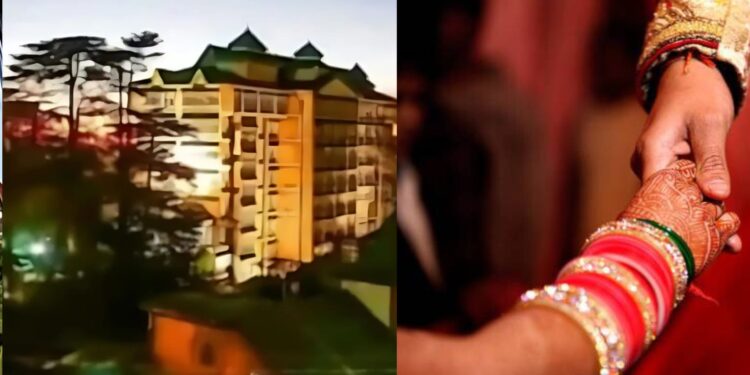The Himachal Pradesh High Court’s ruling provides a crucial precedent for recognizing the rights of children born out of legally questionable or unregistered unions, emphasizing that their legitimacy and right to state recognition must not be compromised due to the legal status of their parent’s relationship. Justice Jyotsna Rewal Dua underscored that a child’s identity and entitlement to legal documentation, such as birth registration, are independent of any issues surrounding their parents’ marriage.
In this case, the petition brought by the mother highlighted the obstacles faced by her children, who were born from a marriage that was not legally registered. This marriage could not be formalized under Indian law because the husband’s first wife was still lawfully married to him despite her consent to the second union. The Court acknowledged this complexity but focused on the welfare of the children, ruling that their rights must take precedence over the technicalities of marriage legality.
The Court specifically referred to Section 16(3) of the Hindu Marriage Act, which safeguards the rights of children born from void or voidable marriages, treating them as legitimate. Justice Dua noted that the legislature’s intent behind this provision was to protect children from the social and legal consequences that might arise due to their parents’ invalid marriage. This section essentially ensures that children are not penalized for circumstances beyond their control.
The Panchayat authorities’ refusal to register the children’s births in the Birth Register and the Pariwar (family) Register was rooted in the interpretation of Section 4(a) of the Special Marriage Act, 1954, which prohibits marriage if one party has a living spouse. However, the High Court clarified that the restrictions on marriage registration under this provision do not extend to denying essential rights, such as birth registration, to children born from such unions.
The Court further observed that, in a previous commercial suit filed in February 2018, the father’s first wife had explicitly stated that she had no objection to the birth registration of her husband’s children from his second relationship. Recognizing this as a significant factor, the Court held that the Panchayat’s refusal was unjustified, especially when the first wife’s consent removed any potential conflict or objection regarding the children’s birth records.
In the judgment, the Court critiqued the narrow interpretation applied by the Panchayat authorities, calling it “misconceived” and contrary to the spirit of Section 16(1) of the Hindu Marriage Act, which is designed to uphold the rights of children regardless of their parent’s marital issues. The Court also highlighted that no provision in the Special Marriage Act or the Himachal Pradesh Panchayati Raj General Rules specifically prohibits registering children from unregistered marriages in birth or family records.
In conclusion, the High Court granted the plea and ordered that the children’s names be registered promptly in the Panchayat records, directing the State authorities to comply within a set timeframe. This ruling reinforces the judiciary’s commitment to ensuring that children’s rights are safeguarded irrespective of their parent’s marital status, highlighting the broader principle that the welfare of the child must be paramount in legal interpretations.
Advocate Divya Raj Singh argued for the petitioners in this case, with Additional Advocates General Dalip K Sharma and Amandeep Sharma representing the State of Himachal Pradesh. The Court’s decision reflects a progressive stance toward the protection of children’s rights and sets a strong legal precedent for similar cases in the future.

















